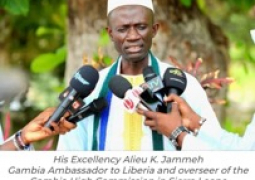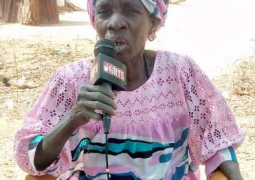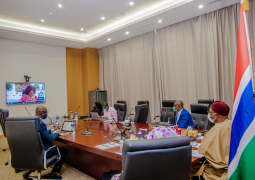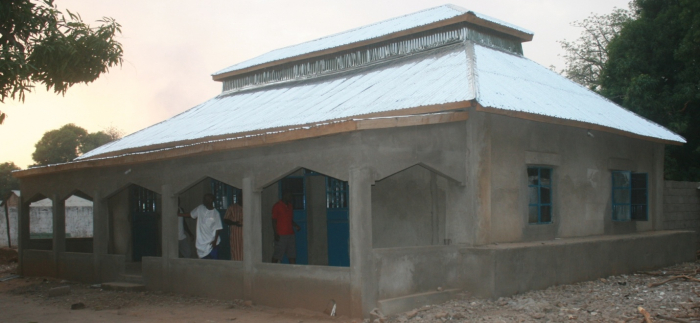
The first president of the Republic of The Gambia, late Alhaji Sir Dawda Kairaba Jawara (aged 95) was born in Barajally Tenda village, a riverside place in the Central River Region in 1924 and died 27 August, 2019.
Currently the birthplace of the late ex president is undergoing rehabilitation championed by the family members who thought of keeping the memory of the birthplace of the first Gambian president intact for their unborn children and posterity.
Paying an unannounced visit to the late president’s birthplace in Barajally Tenda last Saturday, Hassoum Ceesay, director general of National Centre for Arts and Culture accompanied by top officials from the Centre, informed the family about NCAC’s readiness to support and collaborate with them to make the home a heritage, protect and preserve the site for present and future generations.
DG Ceesay said the family of the late president were able to come together to do some renovation works “which is almost complete, and now NCAC wants to partner with them to continue the renovation to have an exhibition that will illustrate the life of Sir Dawda as a growing up child/boy from Barajally Tenda till he turned to become one of the world’s statesmen.”
The NCAC boss disclosed that his centre has already made some collections - photographs, documents and other objects which can explain the life of Sir Dawda “as a young boy in Barajally, maturing to a professional and political leader.”
He disclosed further that there is another project which The Gambia government and NCAC are working on together with the Ministry of Works. The project he said: “is Sir Dawda Kairaba Jawara’s Mausoleum in Banjul still his birthplace rehabilitation project started by the family. This is also important because everything began in Barajally Tenda where he was born.”
He explained that the mausoleum will be a bigger one taking into consideration the facilities which would include library, museum, and cafeteria.
The National Centre for Arts and Culture, he added, wants to make sure that tourists can go to the Mausoleum to know something about the life of Sir Dawda and as well visit Barajally Tenda birthplace to see the environment in which he was born, the family compound and how people live a peaceful and harmonious life in the community.
However, the rehabilitation of late Jawara’s birthplace has not changed the authenticity of the place as everything remains in its usual position. Such are the structure, rooms, passage, the veranda, courtyard, backyard, the roofing style/design, bathroom, inner-wooden doors and ceiling.
Meanwhile, both family and the National Centre for Arts and Culture welcome any support from government, individuals, NGOs, international bodies among others that are ready to contribute to the preservation of the project.
Read Other Articles In Headlines
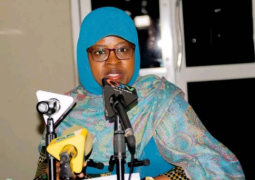
2025 WASSCE results: Students shine in science & technical subjects
Aug 14, 2025, 12:11 PM
